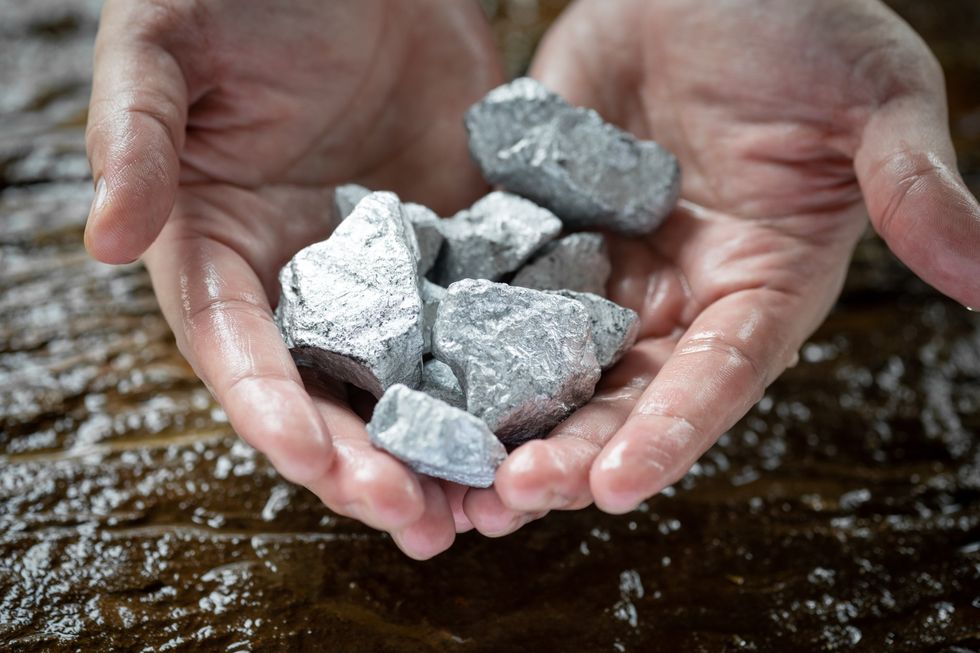Science & Tech
Jake Brigstock
Sep 05, 2024
Could This Farming Change Save the Planet From Climate Change
Knewz / VideoElephant
Scientists have discovered that climate change is causing big amounts of silver to be buried beneath the South China Sea and say this could well be happening across other oceans around the world.
A new study shows that since 1850, the amount of silver trapped in marine sediments off the coast of Vietnam has increased sharply, which coincides with the start of the Industrial Revolution, reports Live Science.
The study said: "Burial of [silver] over the past 3,200 years shows an abrupt increase around 1850...In concordance with the atmospheric CO2 record."
It also indicates climate change could have an impact on other trace elements too, the extent of which is not yet known.
The amount of silver in upwelling areas is usually quite high, especially in areas where humans add more silver through industry and pollution, according to the study.

Upwelling happens when winds push surface water away from the shore and deeper, colder water rises to fill the gap.
Climate change can raise the temperature of water and coastal winds which combine to increase how quickly upwelling happens in affected areas, meaning more nutrients rise to the surface, increasing the amount of algae that feed the entire food chain.
When they eventually die and sink, this silver drops down to the seafloor.
Silver originates on land and reaches the oceans usually through the weather where rain removes certain elements from rocks and carries these elements into rivers.
Certain parts of the ocean have a lot of silver in them because of the number of rivers they are connected too; human emissions can contribute to a higher concentration as well.
According to the lead author of the study, if this is happening more widely, it could create a problem because the silver could escape and poison ocean ecosystems.
But if it does not escape, it will eventually find its way back to land.
How to join the indy100's free WhatsApp channel
Sign up to our free indy100 weekly newsletter
Have your say in our news democracy. Click the upvote icon at the top of the page to help raise this article through the indy100 rankings.
Top 100
The Conversation (0)














